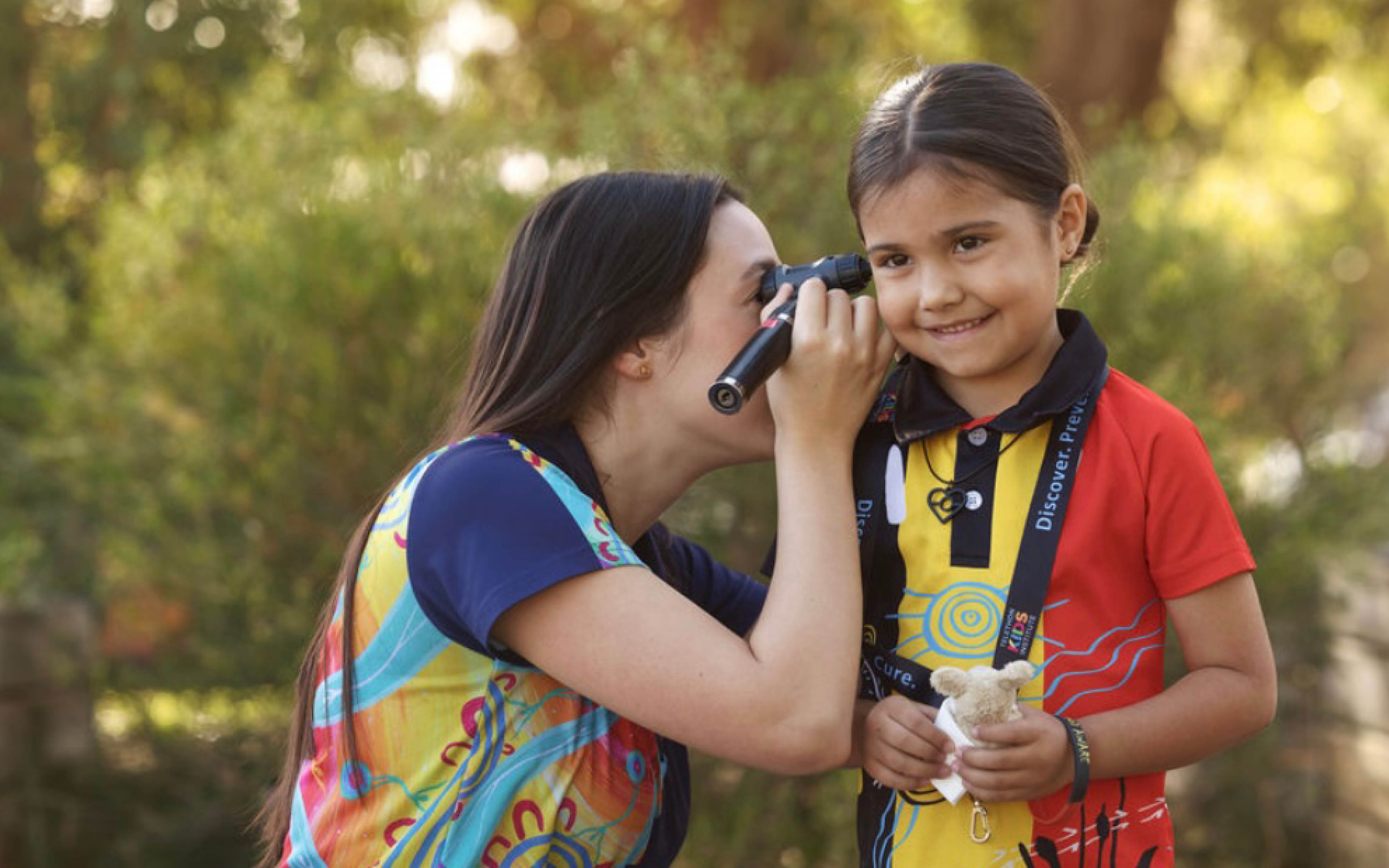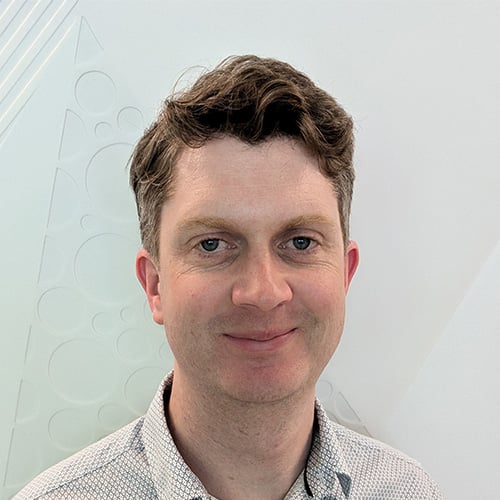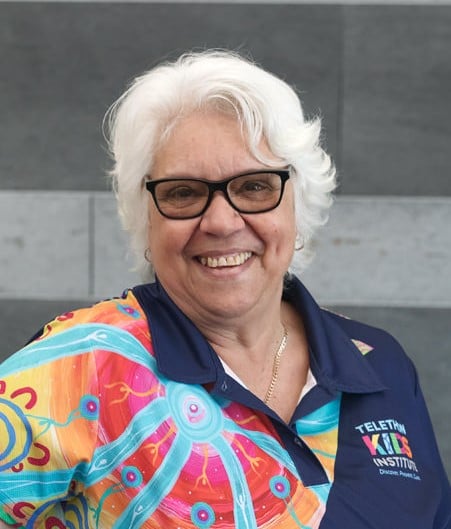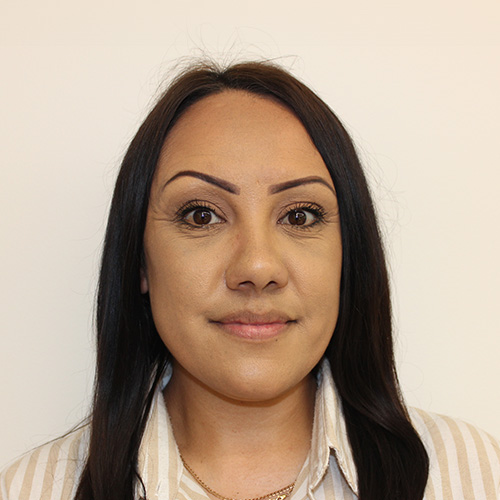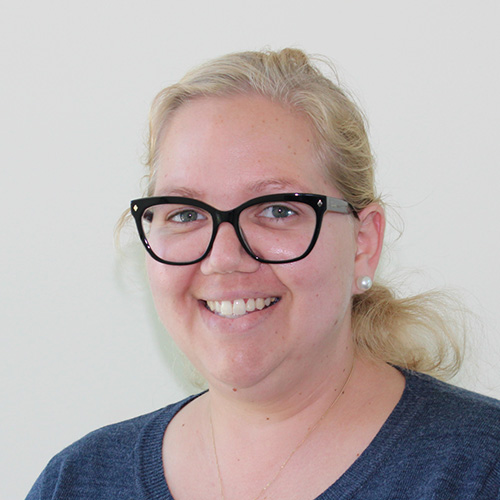The Ear and Hearing Health team's mission is to understand the causes of childhood hearing loss, including otitis media or OM (a disease of the middle ear), identify the extent of the problem and design and evaluate interventions to reduce the burden of the disease and inform policy.
We align our work with the team’s pillars: engagement, research, capacity building, service delivery, health promotion, and knowledge translation.
Our target group is all children, with a particular focus on Aboriginal children living in the Perth metropolitan area.
Our Ear and Hearing Health team is a multidisciplinary group involved in epidemiological studies, qualitative research, data linkage, pathogenesis and clinical trials. An integral linkage for our team is the Aboriginal Community Advisory Group which guides the team in working in a culturally safe manner and provides direction to ensure the program is relevant and appropriate for their communities.
Our key research projects focus on
- Delivering the Djaalinj Waakinj Aboriginal ear health program which is examining the prevalence of OM and hearing loss in Aboriginal children living in Perth
- Conducting clinical trials of interventions to improve the treatment of OM in children established by our team at Perth Children’s Hospital
- Examining the prevalence of OM and its impact on later child development in collaboration with the Raine Study cohort.
- Maintaining and updating a suite of Cochrane systematic reviews examining the most effective treatments for chronic suppurative otitis media. View the full Cochrane Special Collection here.
- Developing new telehealth approaches to improve access to ear and hearing healthcare.
- Developing guidelines for the treatment and management of OM in Aboriginal and Torres Strait Islander populations, available here.
- Implementing the WA Child Ear Health Strategy.
- Collaborating with the WA Country Health Service, Bega Garnbirringu Health Service on innovative pilot projects involving ear health screening when children attend for routine immunisations or child health checks.
- Collaborating with the Papua New Guinea Institute of Medical to discover the key otopathogens causing otitis media in the Eastern Highlands, and the prevalence of ear disease in children <15 years in the region.
We also work closely with other teams including the Bacterial Respiratory Infectious Disease Group (BRIDG) and Vaccine Trials Group.
Team Highlights
- Expanded the Djaalinj Waakinj (Listening and Hearing) Ear Portal, to include more than 300 families with young Aboriginal children living in urban areas. The team published initial findings showing that over 50% of Aboriginal children in the study had ear disease by 6 months of age.
- Established the Djaalinj Waakinj Centre for Ear and Hearing Health
- Launched the 2020 Otitis Media Guidelines in partnership with the National Health and Medical Research Council (NHMRC) Centre for Research Excellence for Ear and Hearing Health, available online or as the downloadable “Otitis Media Guidelines” mobile application (OMApp).
- Partnering with Perth Children’s Hospital to implement the Ear Portal telehealth clinical research pathway to reduce waiting times.
- Implementation of the WA Child Ear Health Strategy. This state-wide, whole of Government approach to combat OM in Aboriginal children, led by The Kids researchers with WA Country Health and Child and Adolescent Health Services, Aboriginal Health Council of WA and WA Primary Healthy Alliance.
- Awarding of an NHMRC Targeted Call for Research grant led by A/Prof Chris Brennan-Jones and A/Prof Val Swift to examine the prevalence of otitis media in Aboriginal children living within Western Australia.
- Host team for students completing international internships in ear health research as part of the Princeton University Global Health Certificate.
- Members of the WHO World Hearing Forum supporting global efforts to advocate for better ear health and safe listening environments.
Team leader
Head, Ear and Hearing Health
Team members (25)
Aboriginal Co-Director, Djaalinj Waakinj Centre for Ear and Hearing Health; Aboriginal Cultural Guidance Advisor

BSc
Program Manager, Ear and Hearing Health
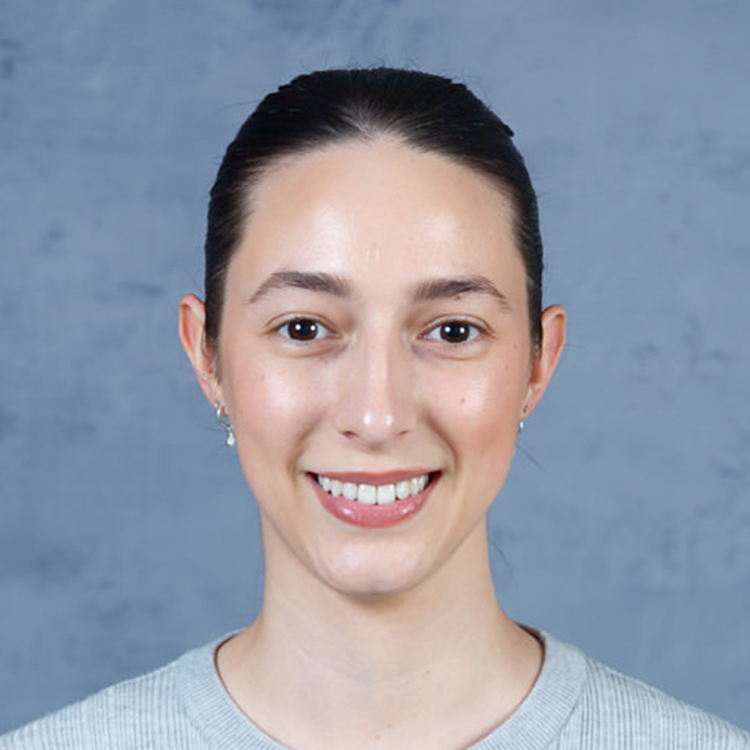
MClinAud
Clinical Research Fellow
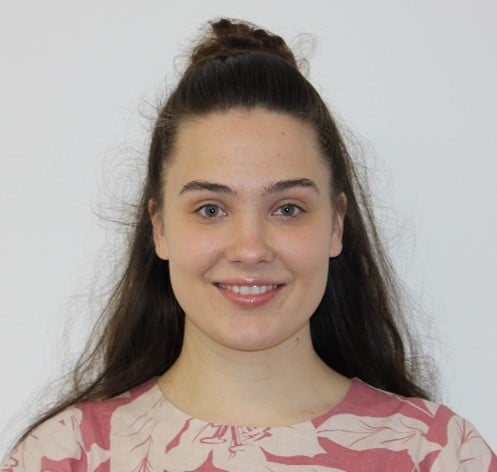
BNurs
Research Nurse & PhD student
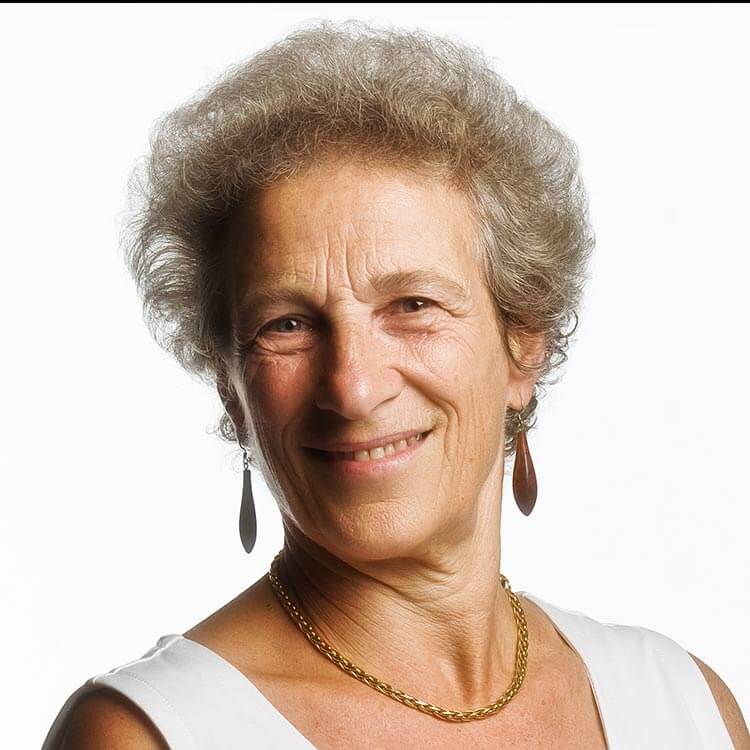
AO, MBBS, MSc
Honorary Emeritus Fellow

MBBS MRCP(UK) FRACP
Head, Vaccine Trials Group

BSc MClinAud PhD MAudA AFHEA
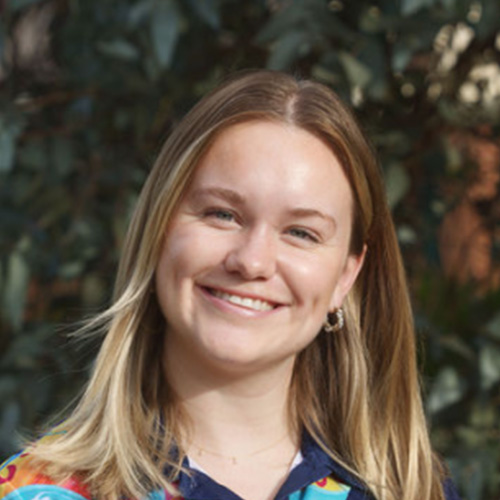
BBiomed (Hons)

BSc
Clinical Research Audiologist
Aboriginal Research Assistant
Aboriginal Researcher

Jess Daw
Research Assistant

Ann Barblett
Volunteer

Lydia Timms
Honorary Research Associate

June Doyle
Honourary Research Associate

Babatunde Oremulé
Honourary Research Associate

Celestine Aho
Honorary Research Associate

Glenys Yarran
Honorary Elder Researcher

Doreen Nelson
Honorary Elder Researcher

Dot Getta
Honorary Elder Researcher

Helen Kickett
Honorary Elder Researcher

Stephanie Bray
Aboriginal Research Assistant
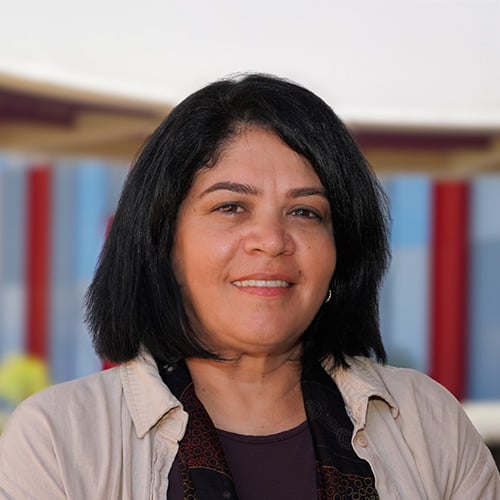
Edna Ninyette
Aboriginal Research Assistant

Ruth Monck
Research Nurse

Anri Lester
Clinical Research Audiologist
Featured projects
Goroka Otitis Media Study: Prevalence and associated risk factors of otitis media in children attending urban clinics in Goroka, Eastern Highlands Province of Papua New Guinea
Otitis media (OM, middle ear infections) and the consequent hearing loss are major concerns for Aboriginal people and OM can seriously impact on children’s learning potential which in turn will impact on life as an adult.
Healthy Ears Clinical Trial: A telehealth-facilitated randomised-controlled trial utilising a health promotion intervention to resolve otitis media with effusion for children won specialist Ear, Nose and Throat (ENT) waiting lists
A telehealth-facilitated randomised-controlled trial utilising a health promotion intervention to resolve otitis media with effusion for children won specialist Ear, Nose and Throat (ENT) waiting lists
Other projects
Djaalinj Waakinj Ear Portal: An ENT and Audiology referral pathway for improving access to ear and hearing services for Aboriginal children in the metropolitan area using telehealth Raine Study - Senses Special Interest Group Koorlungkas yarning: Exploring the impact of OM on early language and communication skills in urban Aboriginal families Pina Karnpi: Kalgoorlie Otitis Media Research Project Kadadjiny Dwank (listening, thinking and learning with your ears), Otitis Media from an urban Aboriginal perspective Epidemiology of Otitis Media hospitalisations in Western Australia: a retrospective population cohort study (1996-2012) All Ear and Hearing Health projects
